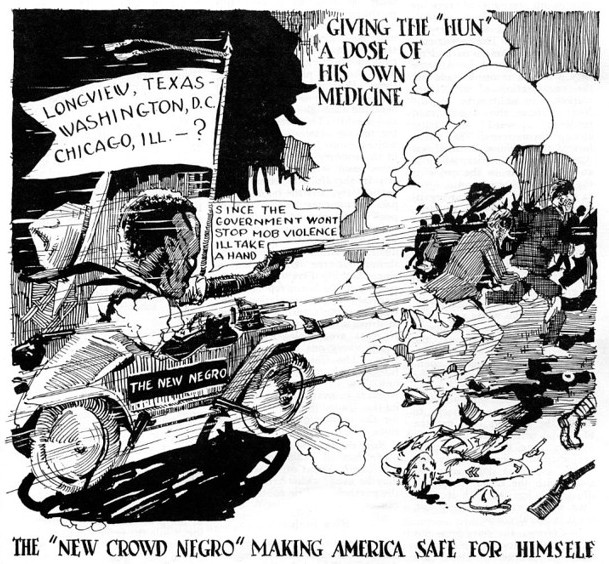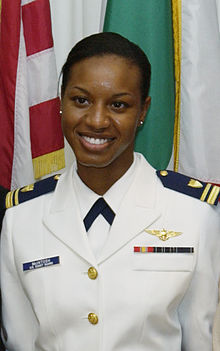The Black James Bond!!!
James Wormley Jones
 James Wormley Jones
James Wormley Jones (September 22, 1884 – December 11, 1958) was an
African-American policeman,
World War I veteran, and
FBI agent. Jones is most widely known for being the first African-American FBI
special agent.
Military exploits
In 1917 Jones joined the
United States Army. He was trained as an officer at the Officer's Training School in
Des Moines,
Iowa. Once his training was complete he was given a commission as a captain. He was assigned to the 368th Infantry in command of company F.
After his company was sent to
France in 1918, he saw action in the
Vosges Mountains,
Argonne Sector, and the
Metz front. "Neither can I individualize respecting the magnificent valor of the men of the company led by Captain Jones in this engagement, which Secretary Baker himself praised. When the awful bombardment died away, just as the gray streaks of early dawn pierced the night's blackness, which was made grayer by a thick heavy fog, the Captain ordered a charge 'over the top' with fixed bayonets; through the treacherous fog and into no-man-knew-what or seemed to care. The first wave, or detachment, went over with a cheer---a triumphant cheer---and the second wave followed their comrades with a dash. It may, perhaps, be best to let these boys and officers tell with their own lips of the terrific, murderous shell, shrapnel, gas, and machine-gun fire which baptized them, only to make them the more hardened and intrepid warriors; of how they contended every inch; fought with marvelous valor, never for an instant faltering. Trench after trench of the enemy was entered and conquered; dugout after dugout was successfully grenaded and made safe for the boys to follow; wires were cut and communicating trenches explored; machine-gun nests were raided and silenced, and still the boys fought their way on. Of course, as a natural sequence to such a daring raid, there were casualties, but the black soldiers, heroes as they were, never flinched at death, and the wounded were too proud of their achievements even to murmur because of the pain they endured. Captain Jones and his men took over a mile of land and trenches which for four years had been held by the Germans. The newspapers have given due and proper credit to the Americans for this daring raid, but the world has not been informed that it was the colored soldiers of America, under Captain J. Wormley Jones, a former Washington, D. C.,. policeman, who made the charge that was as daring, and more successful, than the Tennyson-embalmed charge of 'The Light Brigade.' "
During that time he became an instructor with the 92nd Division School of Specialists. His work there resulted in his being promoted to senior instructor. With the war's end in 1918 he resigned his post and resumed his work at the Metropolitan Police.
FBI and Marcus Garvey
Jones was appointed as the first African-American special agent on November 19, 1919 by Bureau of Investigation director
A. Bruce Bielaski. Jones was assigned to a new section of the
Justice Department created to track the activities of groups perceived as subversive. His work there was under the direct supervision of
J. Edgar Hoover.
During his time in the FBI, Jones served in
New York and
Pittsburgh. In New York he was assigned to infiltrate the
Universal Negro Improvement Association under the leadership of
Marcus Garvey. Although he was seeking evidence of subversive activities during the "
Red Scare" of 1919, Jones' work led to the arrest and trial of Garvey on mail fraud charges.
While conducting his surveillance, Jones adopted the code number 800 for his reports, and was also known as agent "800".
[1] He apparently knew that his
clandestine role was not well concealed. During a March 1920 speech at the UNIA Liberty Hall he took special pains to point out to the audience that he was indeed of
African ancestry, although he had the appearance of a person of
Caucasian or
European ancestry. Nevertheless, he engendered the trust of the UNIA leadership to such an extent that he was able to gain responsibility for registering all incoming correspondence. His access to UNIA correspondence along with his position as Adjutant General in the
African Legion where essential in enabling his information gathering activities.
In August 1921 Jones began conducting similar surveillance on the
African Blood Brotherhood. Eventually being recognized as a former DC police officer, Jones was no longer an asset as a clandestine agent and he resigned from the Bureau on April 14, 1923.
Jones died December 11, 1958 in
Dormont,
Pennsylvania.
References
http://www.fbi.gov/news/stories/2011/february/history_021511
http://en.wikipedia.org/wiki/James_Wormley_Jones
- The FBI: A Comprehensive Reference Guide - Page 335 by Athan G. Theoharis - 1998 - 409 pages.
- The Marcus Garvey and Universal Negro Improvement Association Papers: 1826-August 1919 By Robert A. Hill, Marcus Garvey, Universal Negro Improvement Association.
- Historical Dictionary of Law Enforcement Mitchel P. Roth.
- Scott's Official History of the American Negro in the World War By Emmett J. Scott, AM., LL.D.






 Lawd he was spitting that real
Lawd he was spitting that real



